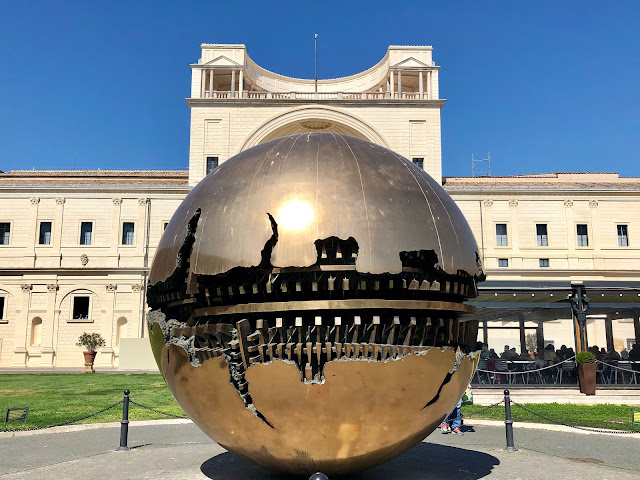Does the first noble truth mean "there is suffering: and we need the path to eradicate it?” Or “does suffering have a dual nature (such as without suffering there is no joy)” ?
The "suffering" in Buddhism can actually be viewed from three aspects. It is not necessarily negative and pessimistic.
For a long time, the translation of "dukkha" into "suffering" is limited and very easy to cause misunderstanding.
In fact, when the Buddha told us "dukkha", he just conveyed the FACT, the TRUTH, and that is just a Natural Situation in the phenomenal world.
The three kinds of 'dukkha' are:
1. duḥkha-duḥkha
This is what we called Ordinary duḥkha, Concrete duḥkha or Physical duḥkha; it is a direct suffering that one experiences in sickness, exhaustion, hunger, torture, etc., apparently related to all sorts of unpleasant experiences.
2. vipariṇāma-duḥkhatā
We called it duḥkha of decay, the duḥkha that people experience when they lose things that they are attached to / delighted to, e.g. the loss of the state of joy, happy holidays are coming to an end etc., evidently related to all sorts of pleasant experiences.
3. saṃskāra-duḥkha
We called it the duḥkha caused by change or the duḥkha produced by impermanence, e.g. whether we want to accept it or not, and no matter pleasant or unpleasant experience, TIME is constantly passing by every second, we are constantly in the process of CHANGE without the slightest pause.
The above three duḥkhas are all normal things in life, aren't they? That's why I said that “when the Buddha spoke of duḥkha, is just presented the Facts and the Truth to us.”
Now, is “ERADICATE” a suitable word here?
My opinion is, we should ERADICATE the unwholesome roots, such as greed, hatred, jealousy, arrogance etc., because they are the fundamental cause of our suffering.
For duḥkha (no matter which duḥkha), what we need to do is OBSERVE (the fact, the truth, the nature of the phenomenon) and learn to ACCEPT it.





